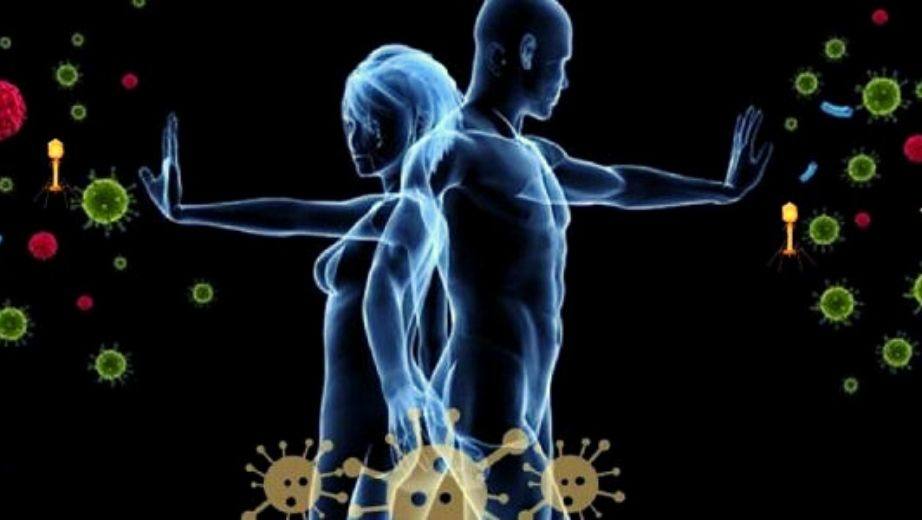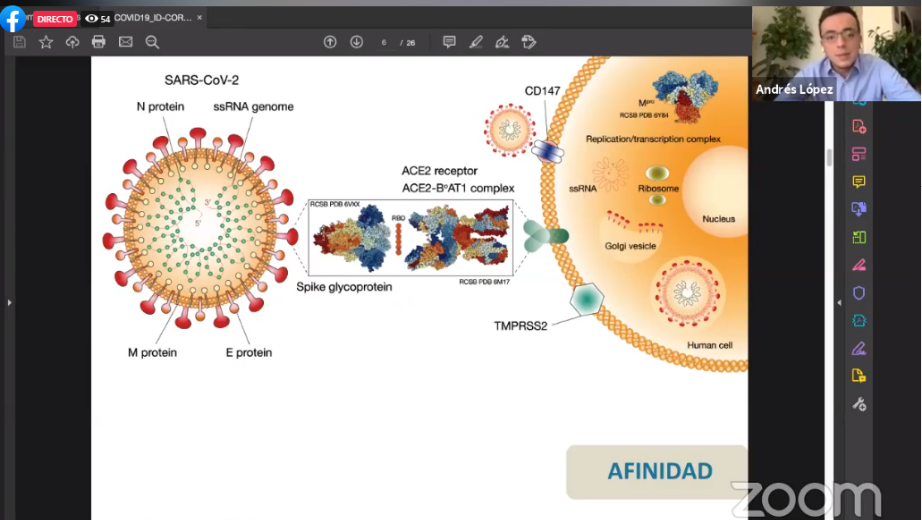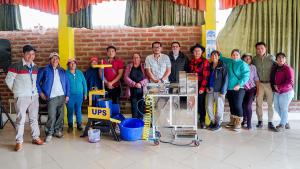Noticia
Webinar on immunological therapeutic drugs

To celebrate biotechnologist's day, the biotechnology undergraduate program in our branch campus in Guayaquil held a webinar on the search of immunological therapeutic drugs for Covid 19; they also talked about the effects of the virus in our body.
The aim of the webinar was to present current research on the interaction of proteins in the immune system, the analysis of gene expression in different cells of human tissue and the repositioning of drugs using artificial intelligence.
According to Andrés López, bioinformatics specialist, there are more than 30,000 SARS-CoV-2 genomes that have been presented by several laboratories around the world. Additionally, various amino acid mutations that have a higher frequency are present, for example, in the spike of the virus or in the non-structural protein 12. Therefore, analysis of the genomes is relevant to determine aggressiveness or to develop vaccines.
He also explained the process of centrality between proteins of the immune system, which is based on the importance of interaction between one protein and another. "It is important to study proteins of the immune system associated with the virus proteins since the alteration of one of them would trigger the alteration of other physically associated proteins," he said.
Among the most relevant proteins in the immunological reaction and symptoms of COVID-19 are interleukins 1, 6 and 18, TLRs, interferon 1 and 3, the HLA complex, and a display of cytokines and chemokines. "One of the alterations that COVID-19 has is the severe inflammation that can occur in some patients and this is due to the entrapment of cytokines that try to defend the body from the infectious process, but end up altering the tissue, becoming quite a complex problem", said López.
An analysis was carried out to find out which proteins had a significant alteration in specific cells of the organism such as: goblet cells found in various tissues, in this case, specifically in the nostrils; type 2 pneumocytes (alveoli) and enterocytes that are the absorption ones (intestine).
In total, 75 therapeutic targets were found in these three tissues. Then, artificial intelligence was used to analyze the repositioning of drugs and to determine which drugs of the existing 10,672 have high chemical affinity with the therapeutic targets.
For López, sequencing the SARS-CoV-2 genome is very important since it has allowed to diagnose the disease and will enable a correlation of virus mutations with the patient's clinical biomarkers and their infectivity potential
"There are other benefits such as the development of vaccines; when you develop a vaccine, you generally have to take into account that it is effective not only for one strain but for the largest number of them," he stated.
Contenidos Relacionados
Contenidos Relacionados
Noticias Relacionadas
Noticias Relacionadas






Follow us
Follow us